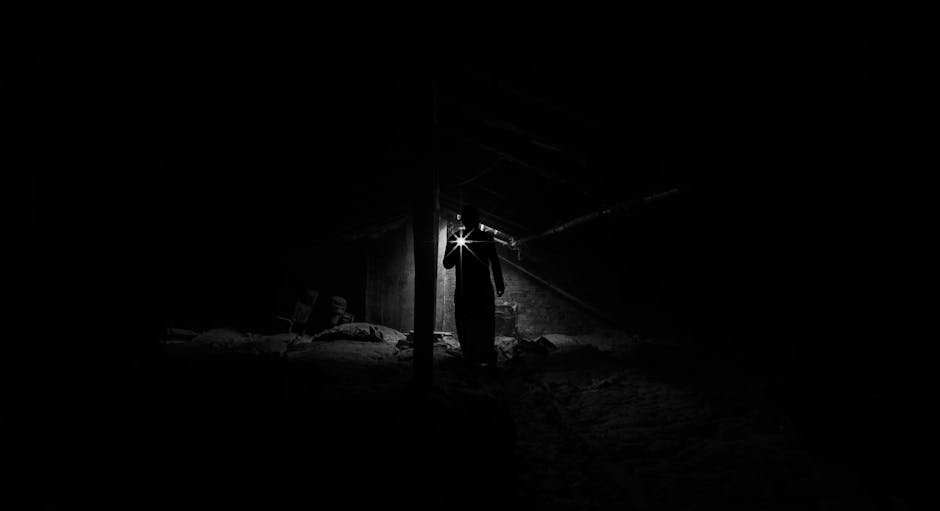Blood Libel: Understanding the History, Impact, and Enduring Legacy of a False Accusation
The blood libel, a horrific and enduring antisemitic canard, accuses Jews of ritually murdering non-Jews, often children, to use their blood for religious purposes. This baseless accusation, steeped in centuries of hatred and misinformation, has fueled countless pogroms, massacres, and acts of violence against Jewish communities worldwide. Understanding its historical roots, its devastating impact, and its persistent presence in contemporary society is crucial in combating antisemitism and promoting tolerance.
Historical Origins and Evolution of the Blood Libel
The earliest documented instances of blood libel accusations date back to the medieval period, surfacing in Europe during the 12th century. While the precise origins remain debated, several factors contributed to its propagation. A climate of religious intolerance, fueled by societal anxieties and economic hardship, created fertile ground for scapegoating. Jews, often marginalized and excluded from mainstream society, became convenient targets for blame and suspicion.
The accusations were often based on flimsy evidence, distorted interpretations of religious texts, and sensationalized rumors spread by opportunistic individuals or groups. These rumors, amplified by existing biases and prejudices, quickly escalated into widespread accusations, leading to public trials, often resulting in unjust convictions and brutal executions.
Key Historical Events and Trials:
- The Norwich Blood Libel (1144): One of the earliest well-documented cases, resulting in the massacre of Jews in Norwich, England.
- The Lincoln Blood Libel (1255): This case, which involved the death of a young boy, Hugh of Lincoln, led to widespread persecution and the execution of numerous Jews.
- The Damascus Affair (1840): A particularly notorious case, involving the false accusation of Jews murdering a Capuchin monk. This event sparked international outrage but demonstrated the persistent power of the blood libel.
- The Beilis Case (1911-1913): The trial of Mendel Beilis in Tsarist Russia, accused of murdering a young boy, garnered international attention and exposed the absurdity and cruelty of the blood libel.
The blood libel wasn’t confined to a specific geographical area or time period. It resurfaced throughout history, appearing in various forms and contexts, often adapting to contemporary social and political dynamics. The persistence of this false accusation underscores its deep-seated roots in antisemitism and the enduring power of prejudice.
The Impact and Consequences of Blood Libel Accusations
The consequences of the blood libel were devastating and far-reaching. Beyond the immediate loss of life and suffering endured by those falsely accused, the accusations had profound effects on Jewish communities globally:
- Massacres and Pogroms: Blood libel accusations frequently triggered violent pogroms, resulting in the murder of countless Jews and the destruction of their property.
- Economic Ruin: The destruction of homes, businesses, and synagogues left many Jewish communities economically devastated.
- Social Isolation and Marginalization: The constant threat of accusation fostered a climate of fear and suspicion, further isolating and marginalizing Jewish communities.
- Exile and Migration: Many Jews were forced to flee their homes, seeking refuge in other countries to escape persecution.
- Psychological Trauma: The pervasive threat of accusation and the violence it engendered inflicted deep psychological scars on generations of Jews.
The long-term impact of the blood libel extends far beyond the historical record. It continues to shape perceptions of Jews and contribute to the persistence of antisemitism in the modern world.
Debunking the Blood Libel: Evidence and Counterarguments
Throughout history, various individuals and groups have worked tirelessly to expose the falsehood of the blood libel. The lack of credible evidence supporting these accusations, coupled with the clear motives of those who propagated them, stands as a testament to their fraudulent nature. Thorough investigations, often conducted under pressure, have repeatedly failed to substantiate these claims.
Furthermore, the historical context surrounding these accusations reveals their manipulative and inflammatory character. The blood libel frequently served as a tool to divert attention from societal problems, incite hatred, and consolidate power.

Modern Challenges and the Persistence of Antisemitism:
While the blood libel in its classical form is rarely explicitly invoked today, its underlying antisemitic tropes and narratives continue to manifest in different ways. Modern antisemitism often adopts coded language, leveraging existing biases and prejudices to perpetuate harmful stereotypes and incite hatred. Understanding the historical context of the blood libel is crucial in recognizing and effectively countering contemporary forms of antisemitism.
Combating Antisemitism and Promoting Tolerance
Combating antisemitism requires a multifaceted approach that encompasses education, awareness-raising, and active engagement against hatred. Education about the historical realities of the blood libel and other forms of antisemitism is essential to understanding its enduring impact. Promoting critical thinking skills and media literacy helps individuals discern misinformation and resist the manipulation of prejudice.
Active engagement in combating antisemitism includes supporting organizations that fight against hate speech and discrimination and promoting tolerance and understanding through interfaith dialogue and community building. By confronting antisemitism head-on and challenging its underlying ideologies, we can create a more just and equitable society for all.

The legacy of the blood libel serves as a stark reminder of the dangers of unchecked prejudice and the importance of vigilant defense against hate. By understanding its history and impact, we can work towards a future free from the scourge of antisemitism and other forms of bigotry.


